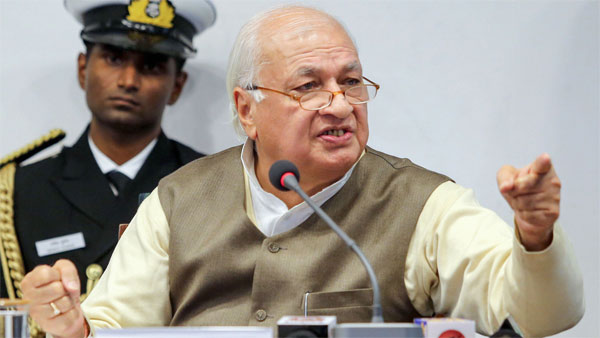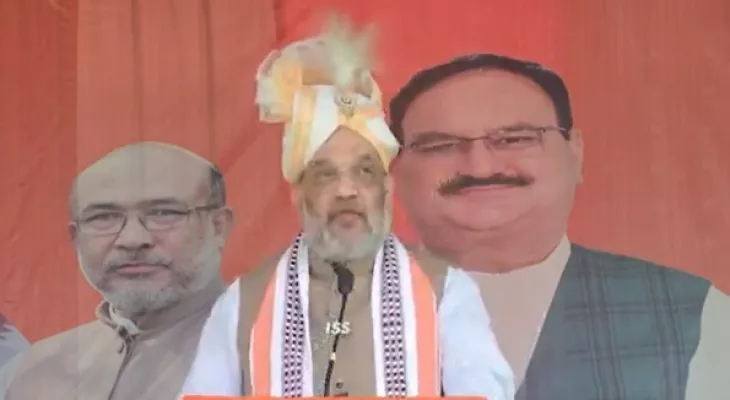Kerala Guv Signs ‘Lok Ayukta (Amendment) Ordinance-2021’

Thiruvananthapuram, Feb 7: In a major relief to the CPI(M)-led LDF Government, the controversial ‘Lok Ayukta (Amendment) Ordinance-2021’ was signed by Kerala Governor Arif Mohammed Khan on Monday. The Governor took a decision on the matter soon after Chief Pinarayi Vijayan met him on Sunday evening and clarified his government’s stand on the amendment.
Earlier, Opposition parties– Congress and BJP had raised objections and urged the Governor to refrain from giving his assent to the Lok Ayukta Amendment Ordinance 2021, brought by Pinarayi Vijayan headed LDF Government. Opposition parties alleged that the Lok Ayukta (Amendment) Ordinance was intended to considerably diute the powers of the anti-corruption body in the state.
The proposed amendment would serve as a catalyst for rampant corruption and nepotism, the Opposition Congress said in a memorandum to the Governor. The proposed amendment to Section 14 of the Ordinance gives the Governor, the Chief Minister, or the government in their capacity as the competent authority to either reject or accept the decision of the Lok Ayukta after hearing both the parties. In the 22-year long history of the Lok Ayukta Act, only one verdict was pronounced by Lok Ayukta invoking Section 14 of the Act, it said. The Order was against former Minister K.T. Jaleel, with the Lok Ayukta finding him guilty of nepotism and abuse of office to obtain a favour for a relative, it said.
The Kerala High Court and Supreme Court upheld the Lok Ayukta decision, stating that Section 14 is in accordance with the Indian Constitution. Cases against the incumbent Higher Education Minister and the Chief Minister pending before the Lok Ayukta are to make a declaration under Sec 14 of the Act as in the case of K.T.Jaleel. It is in fact shocking to learn that the verdicts of the High Court have been misconstrued in order to deceive the public and push anti-people legislation, it said. Another argument advanced by the government to justify the proposed amendment to Section 14 is that it violates Article 164 of the Indian Constitution.
“Article 164 deals with the appointment of the Chief Minister and other ministers, and how they hold office at the Governor’s pleasure. This does not mean that the Chief Minister or other ministers can only be removed by the Governor. Many times, the Judiciary has ordered public servants to vacate their positions in quo warranto and other petitions,” the memorandum said.
In fact, Section 8 of the Representation of the People Act, 1951, disqualifies a person convicted of any offence and sentenced to imprisonment for not less than two years from continuing in office. It would be absurd for the government to argue that the Apex court, High Court or a statute passed by the Legislature cannot order a public servant found to have committed a grave offence to vacate their positions, it said. Above all, the Indian Constitution has given the judiciary the power to validate the constitutionality of laws passed by the legislature under Articles 32, and 226. In fact, the legal principle of presumption of constitutionality requires the judge to assume that Acts passed by the legislature are constitutional unless they are found unconstitutional, it said.
After the proposed amendment, the case against the Chief Minister would be decided by the Governor, while the case against the Ministers would be decided by the Chief Minister. According to Article 163, the Governor has to exercise his functions at the aid and advise of the Council of Ministers with the Chief Minister at the head. As a result, the Chief Minister has a substantial say in the cases brought against him. This is an outright denial of natural justice, the memorandum added.





